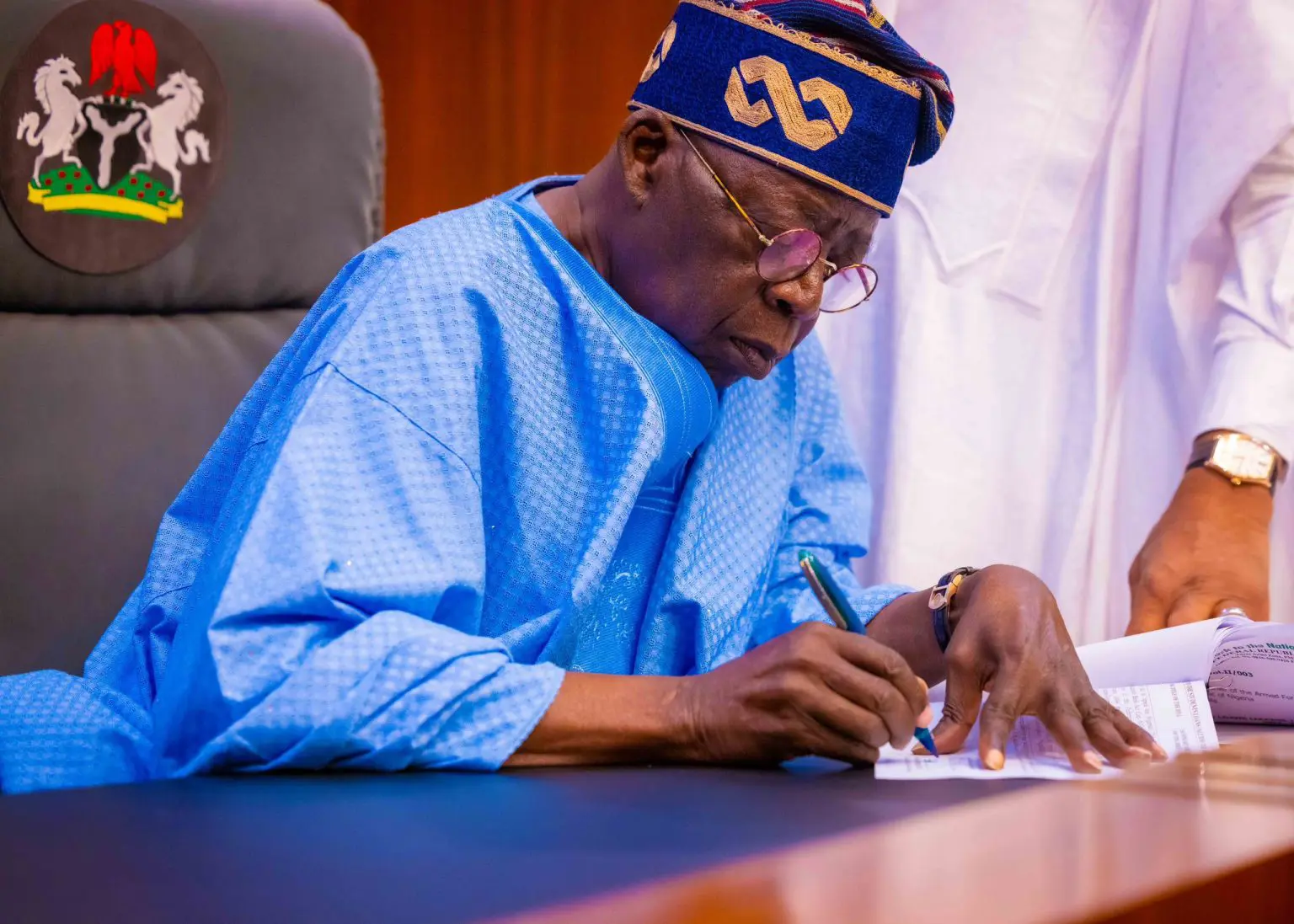Rivers Assembly to Probe Ibas’ Six-Month Spending: A Closer Look at the Controversy
In the wake of a six-month emergency rule in Rivers State, a brewing clash over accountability and transparency has surged to the forefront. The Rivers State House of Assembly, after intense political manoeuvring, signalled a move to probe the expenditures during the emergency period that culminated in the suspension of Governor Siminalayi Fubara, alongside the state’s top administrator, Ibas. Here’s what you need to know, distilled from the latest reporting and official statements.
The Context: Emergency Rule and Administrative Shift
- Nigeria’s national leadership, under President Bola Tinubu, directed the suspension of the Rivers State Governor, his deputy, and all elected members of the Rivers State House of Assembly for a six-month term. The aim, as explained by the presidency, was to restore stability in a state beset by a protracted governance deadlock.
- Vice Admiral Ibok-Ete Ibas (retd.) served as the sole administrator during this emergency period, with the administration tasked with managing state affairs and cash flow under extraordinary circumstances.
Key point: The emergency regime has brought questions about how funds were allocated, spent, and whether due process was followed in contracting and budgeting under emergency governance.
Financial Flows: How Rivers State Was Funded During the Emergency
A detailed breakdown of FAAC (Federation Account Allocation Committee) allocations between March and August 2025 reveals:
- Total FAAC net allocations for the six months: N254.37 billion, averaging about N42.40 billion per month.
- Monthly allocations included: March (N44.66b), April (N44.42b), May (N42.80b), June (N42.30b), July (N38.42b), August (N41.76b).
- Oil derivation remained the largest income source, accounting for roughly 52.4% of allocations across March–August (N133.24b). This highlights Rivers State’s vulnerability to oil revenue volatility.
- Debt servicing consumed a notable share of receipts: external debt deductions totaled N26.31b over the period (about N4.56b monthly March–July, then N3.54b in August).
- VAT contributed a substantial cushion, with about N107.78b (roughly 42.4% of total FAAC net allocation) across the period.
- Other inflows included Electronic Money Transfer Levy, ecology funds, and exchange gains, which helped bolster net receipts despite heavy deductions.
Interpretation: The financial picture shows heavy reliance on oil-derived revenues and debt deductions, with substantial volatility and a need for transparent accounting given the emergency governance framework.
The Probe: Who Wants to Look Under the Hood?
- The Rivers State House of Assembly has resolved to investigate how funds were spent during the emergency rule, especially around contracts and other expenditures funded from the consolidated revenue fund.
- Civil society groups (CSOs) and civil liberties organisations have joined the call for accountability. They argue that the emergency regime bypassed normal constitutional processes and that the 2025 budget process lacked necessary public hearings and scrutiny.
- Ibas responded to the probe discussions, asserting that the Assembly lacked the power to probe him (as the administrator appointed by the President) and characterising such an inquiry as a “fool’s errand” that would amount to probing the President and National Assembly.
Key tension: The Assembly frames the probe as a constitutional necessity to understand spending under emergency governance; Ibas frames it as an improper attempt to override the executive appointment and national oversight.
Civil Society Voices: Demands for Transparency
- Enefaa Georgewill, chairman of the Coalition of Civil Society Organisations in Rivers State, urged the governor to establish a panel of inquiry to verify FAAC inflows and Internally Generated Revenue (IGR) and to scrutinise expenditures.
- Emma Obe of the Civil Liberties Organisation argued that the emergency regime operated illegally by bypassing constitutional prescriptions, calling for accountability and public insight into how the 2025 budget was executed.
Takeaway: There is broad demand for transparency and a formal public accounting of how large inflows were deployed, especially for capital projects like the House of Assembly Complex, which reportedly saw stalled progress.
Political Repercussions: The Path Forward
- The end of the emergency period and the resumption of governance duties by Governor Fubara mark a transition back to routine administration. Fubara’s return has been framed in terms of peace and a renewed focus on governance, with a call for national and local prayers to sustain stability.
- The onus, going forward, will be on presenting a clear, auditable record of revenues and expenditures during the emergency period, addressing questions about procurement, project delivery, and the use of funds allocated under FAAC, VAT, and other streams.
Why This Matters for Citizens
- Transparency in how public funds are earned, allocated, and spent is fundamental to democratic governance. With Rivers State’s substantial FAAC inflows and heavy reliance on oil-derived revenue, the potential for volatility is high. A robust, public audit can help reassure residents that funds are being used to deliver essential services and infrastructure.
- Public accountability is not only about confirming whether misappropriation occurred; it’s about building trust between the government and the governed, ensuring that capital projects reach completion, payrolls are funded, and essential services are sustained.
What to Watch For
- Any formal release of a Budget Implementation Report or a comprehensive expenditure review from the Rivers State government and oversight bodies.
- Updates on the status and findings of any panels or inquiries established by the governor or legislature.
- Reactions and potential legal challenges from political actors over the probe’s scope and authority.
The Rivers State probe debate sits at the intersection of emergency governance, fiscal transparency, and constitutional propriety. As the state transitions back to normal governance, the question remains: will credible, public accounting of six months of emergency spending restore public confidence and guide better fiscal choices in the future?



